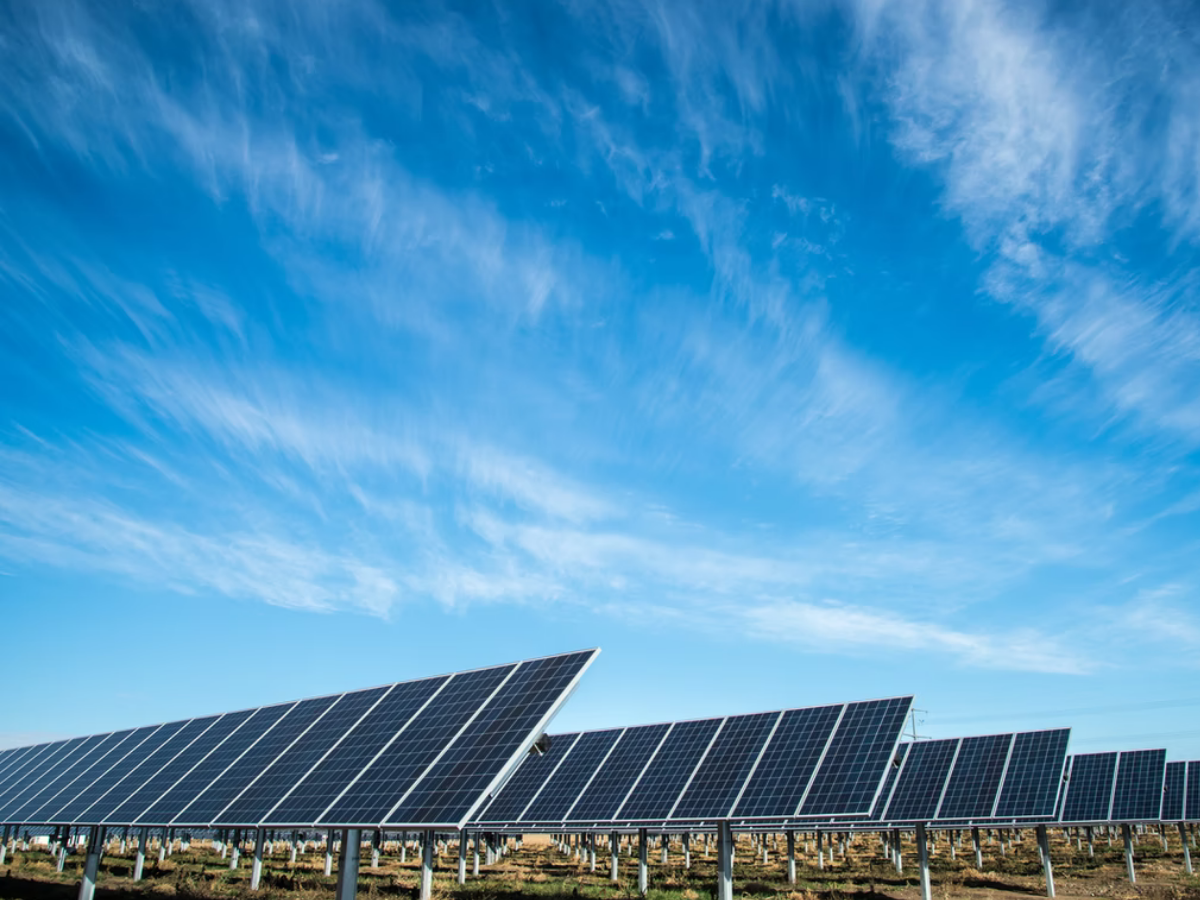Any strategy looking to reduce carbon emissions needs to take sustainable energy production into account. With global demand for electricity set to double by 20501, there is an urgent need to shift from unsustainable fossil fuels to renewa- bles like wind and solar power.
And yet this theme goes beyond energy production. In thinking about sustainable energy, we must consider energy wastage and, by the same token, energy efficiency.
Why invest in the green energy transition?
We believe a wealth of opportunity exists to engage with companies around UN Sustainable Development Goals (SDG) 7 and 13 – transforming the energy system to power a low-carbon economy. Here’s why…
A policy tailwind
Green energy policy changes are certainly a welcome tailwind. The UK government is the latest to dramatically accelerate decarbonisation plans in keeping with the likes of the EU Green Deal, the impend- ing US green recovery and prospective unilateral agreements between the US and China, as well as Climate Change Conference of the Parties (COP 26) dele- gates. Encouragingly, we are seeing corporates take action, even without government incentives and backing, perhaps because sustainable energy solutions are beginning to provide lower lifecycle costs to operators and consumers alike.
Our holding, Vestas is exemplary in this regard. A global leader in onshore wind turbines, Vestas is at the forefront of low- ering the cost of wind power.
Proactivity of shareholders
In addition to favourable regulation, we have seen a marked change in shareholder sentiment. As the last AGM season attests, shareholders are increasingly vot- ing in favour of accelerated emission reduction plans and more robust targets. Even companies we believed to be most resistant to change – such as oil company Exxon – were forced to reconsider their approach to carbon emissions due to shareholder voting.
The need for an efficient, flexible grid system
But the electrification of products currently consuming fossil fuels, and the integration of renewables into electricity supply, is predicated on an efficient and flexible grid system. The energy transition will make supply of electricity more intermittent and demand of electricity more irregular, both of which are challenges for the legacy grid.
Companies such as our holding Itron address this problem. Itron produces advanced metering infrastructure to help operators ensure that mismatches in sup- ply and demand can be efficiently managed without outage.
Hope for hydrogen
According to the Energy Transition Com- mission (ETC), a net-zero emissions economy will likely need to use 500 mil- lion to 800 million tonnes of clean hydro- gen per year, a five to seven-fold increase compared to hydrogen use today2. Hydrogen has captured the attention of technologists and investors alike, for its potential to enable:
- The integration of renewables – Hydrogen is well suited to act as an energy buffer, allowing intermittent energy sources to be incorporated economically and flexibly, which is essential to achieving mass electrification.
- Decarbonisation of industrials 3 – Hydrogen is also aiding the decarbonisation of sectors such as steelmaking, where direct electrification is technologically challenging and prohibitively expensive.
- Fuel cells for heavy duty motive 4 – Where some construction vehicles would require a heavy battery that took hours to refuel, hydrogen presents a lighter and more time efficient alternative.
These developments reinforce our view that renewable energy is a must have, rather than simply a choice.
Other highlights in this report include:
- Our exposure by impact theme: We share how our portfolio breaks down across nine impact themes, as aligned to the SDGs.
- Case studies: We provide case studies for two portfolio companies. They include company-specific highlights from our impact measurement tool.
To read the full report visit: www.hermes- investment.com/uki/insight/equities/ impact-quarterly-report-q2-2021/
- See Deloitte, ‘Making a clean, green break for the future’.
- Clean electrification and hydrogen can deliver net zero by 2050 (nsenergybusiness.com)
- What is the best pathway to decarbonise the steel industry? (nsenergybusiness.com)
- Is the hydrogen tech ‘revolution’ hope or hype? – BBC News Hydrogen fuel cells are already being incentivised in countries such as China, Europe and the US.





